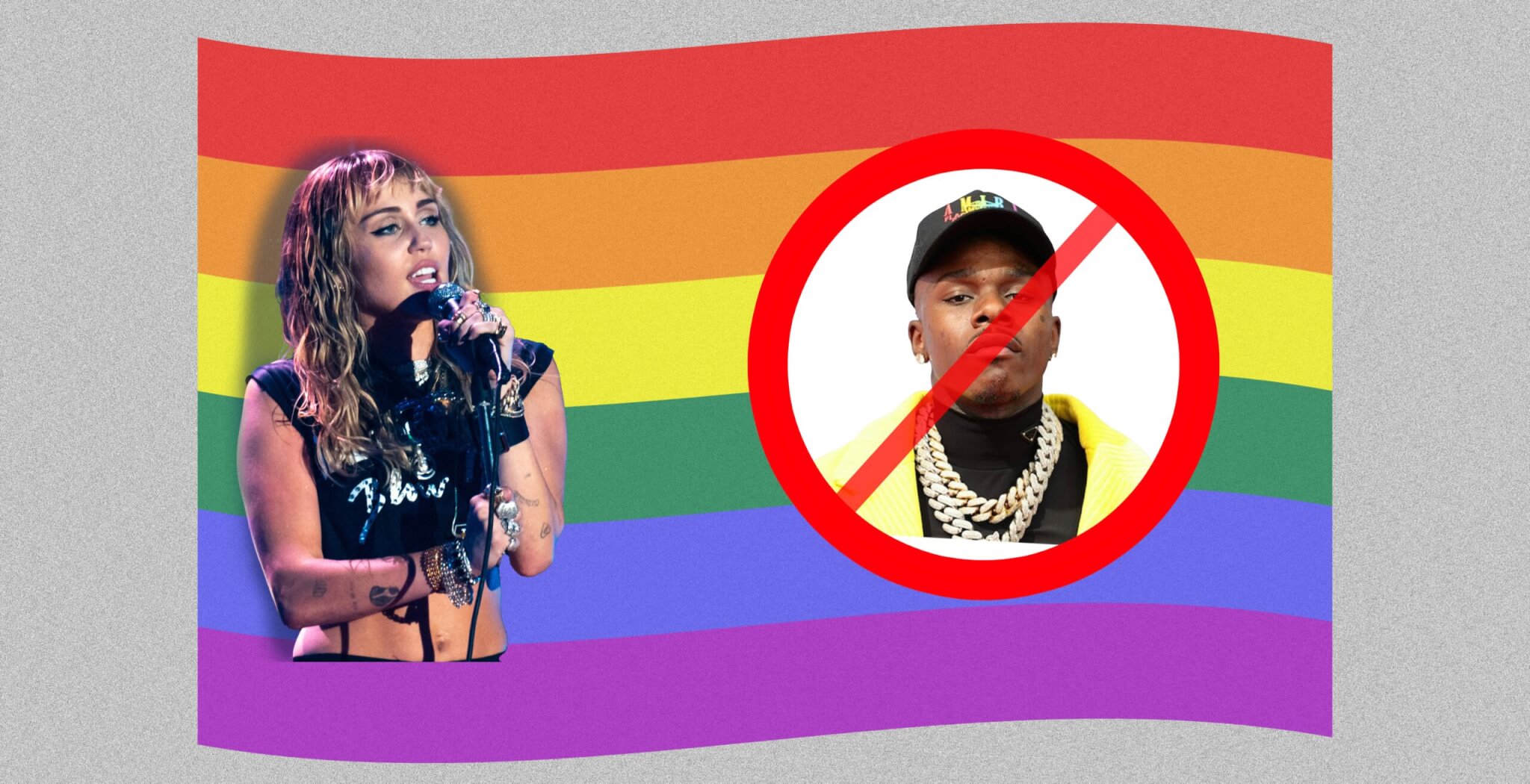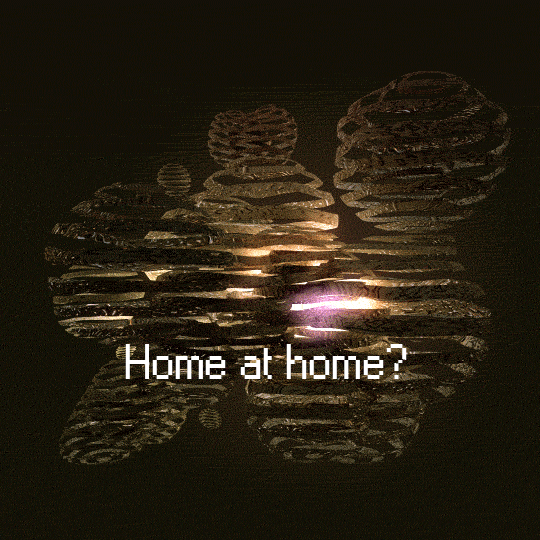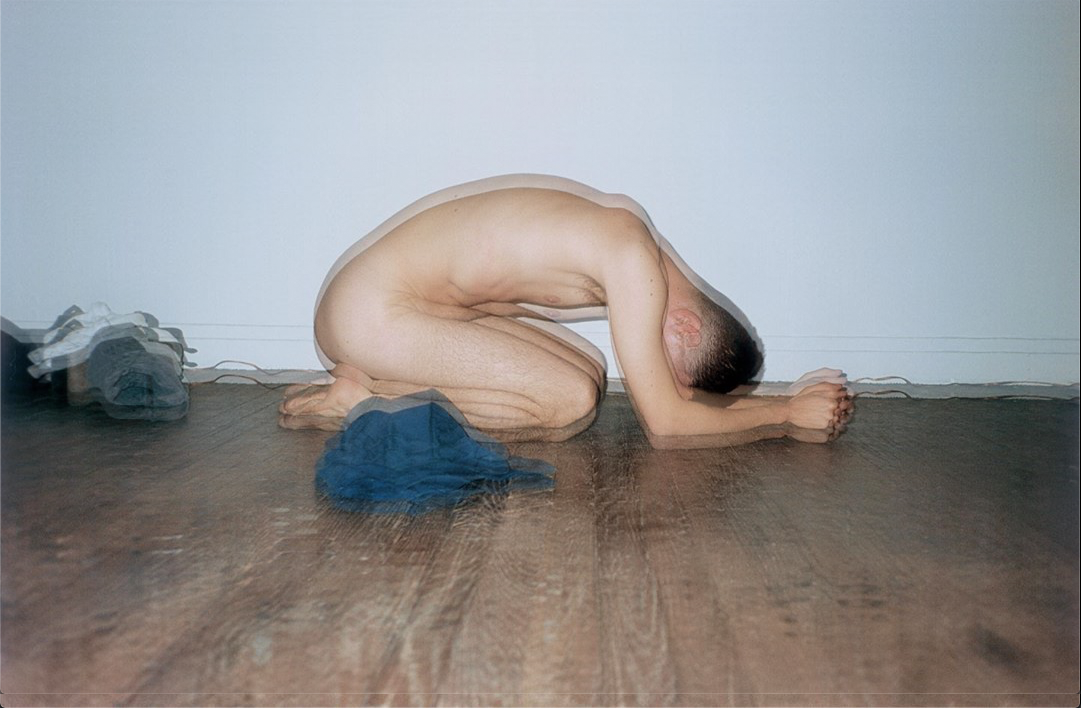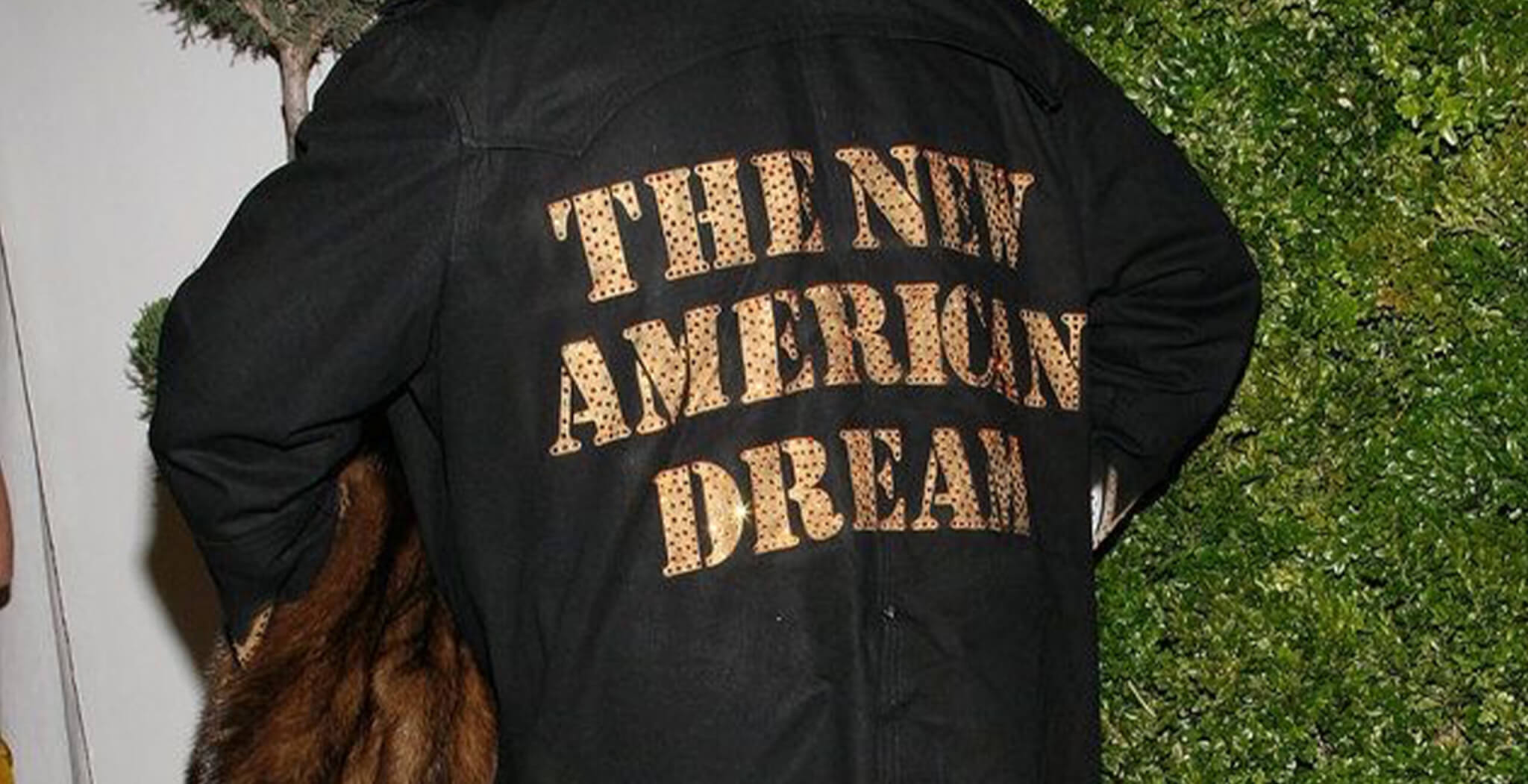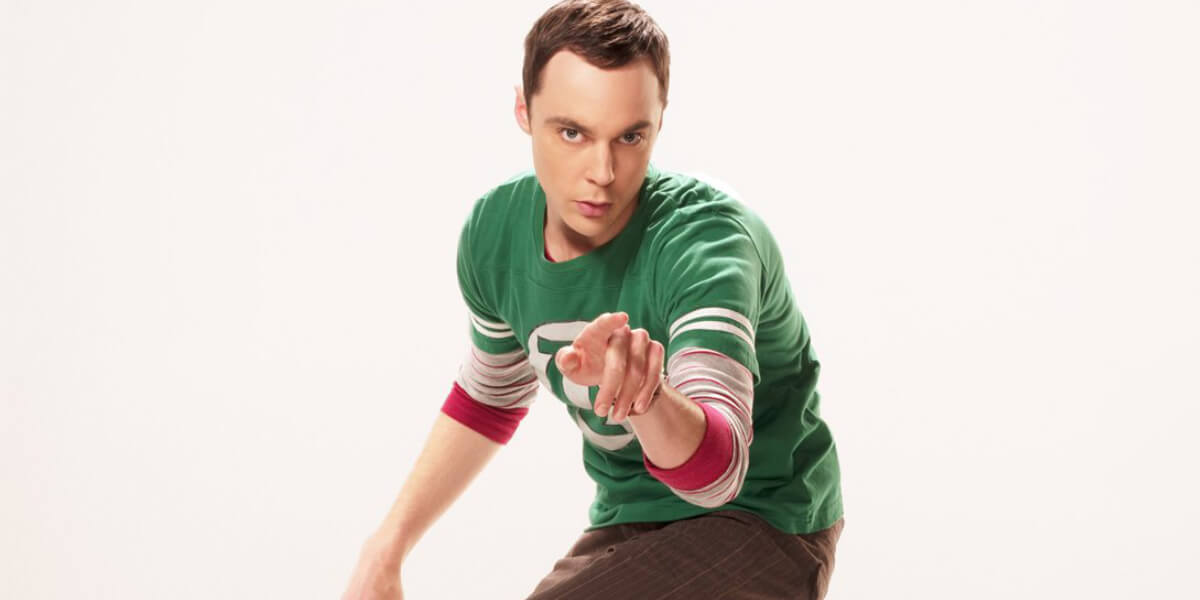As LGBTQ+ issues gain prominence in political discussions, their representation in the music and rap industries is also on the rise. However, being an LGBTQ+ rap fan can be exhausting due to the prevalent exclusion, insults, jokes, and slurs. This article delves into the recent incident at the Rolling Loud music festival involving rapper DaBaby, highlighting the pressing need to address homophobia and misogyny in hip-hop.
DaBaby’s Controversial Remarks and Backlash
Last weekend at the Rolling Loud music festival in Miami, rapper DaBaby made derogatory comments targeting HIV+ people, LGBTQ+ community members, and women. The unexpected remarks sparked outrage on social media platforms. Consequences quickly followed as DaBaby faced bans from prominent music festivals and lost a branding contract with a fashion company. Renowned artists such as Dua Lipa, Elton John, Miley Cyrus, and even Chris Brown expressed their condemnation, reflecting the gravity of the situation.
Persistent Issue in the Industry
Similar incidents of homophobia and offensive comments by rap artists have occurred in the past and continue to happen. Traditionally, the cycle involves the artist apologizing, and the public eventually moving on. However, the strong reaction to DaBaby’s comments suggests a shift in public tolerance towards blatant homophobia. This incident signifies a potential turning point where society no longer accepts and supports such behavior.
Progress and Diversity in Hip-Hop
Hip-hop is now more diverse and less male-dominated than ever before. Notable figures like Meg Thee Stallion, Cardi B, and queer artists such as Lil Nas X have achieved significant success and influence. This growing inclusivity showcases the evolving nature of the genre and presents a promising future for LGBTQ+ representation.
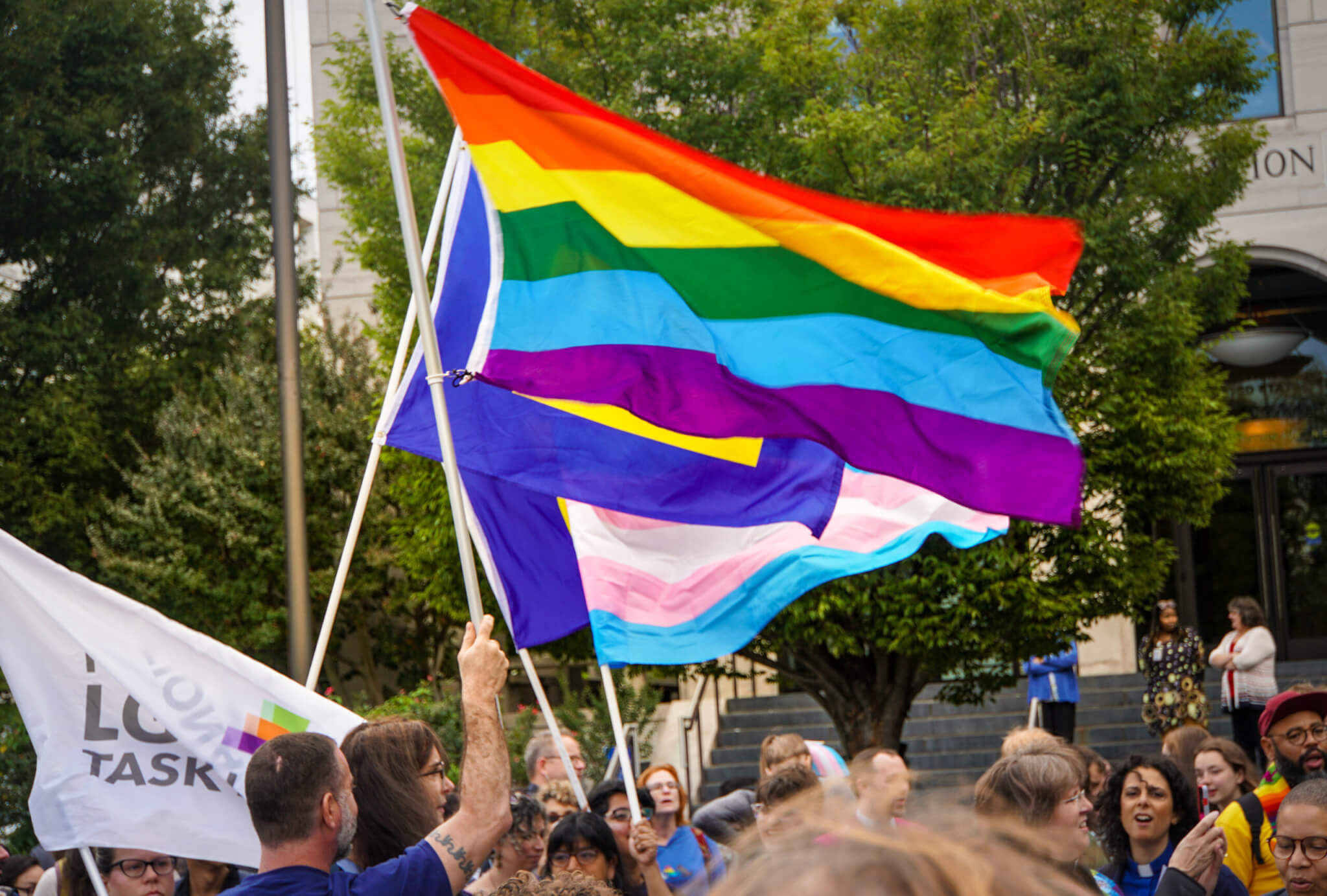
Balancing Condemnation and Education
While it is crucial to condemn insensitive and insulting remarks, outright “canceling” of public figures without offering opportunities for growth and education can hinder progress. Ignorance and misinformation often contribute to offensive comments. Effective communication and providing educational resources are essential to guide individuals with differing perspectives. Miley Cyrus, in her response to the incident, questioned the effectiveness of “Cancel Culture” and emphasized the importance of learning, listening, and educating each other.
Comments like DaBaby’s often spring from ignorance or misinformation. There is no excuse for that. That’s why Miley Cyrus’ reaction to the incident was an interesting turn of things. She doesn’t seem to be too big on”Cancel Culture” as she wrote in a statement on Instagram:
“Is it time? Not only for rappers to be afraid of having to adhere to the basic norm of human decency in their performances, afraid that their interpretation of masculinity could come at a high cost to their careers, but also: Time for a society, a social media community that is willing to learn, listen and to educate? ”
We are the ones answering. Yes, we as a society have a long way to go. There is still a lot to unpack. And yes, there will always be things that will never be okay to say and to do. But maybe we should talk to each other more again. Telling someone when they are wrong but meanwhile giving them the chance to do better. Accepting when we are wrong ourselves and listen to those, we hurt or disrespected. As long as we try to be open and learn from each other, it is all about the process. Or as Miley would probably say, all about “The Climb” 😉








